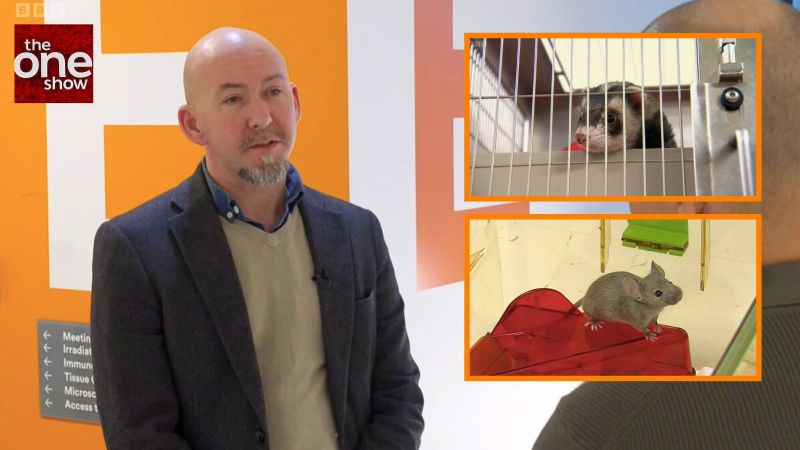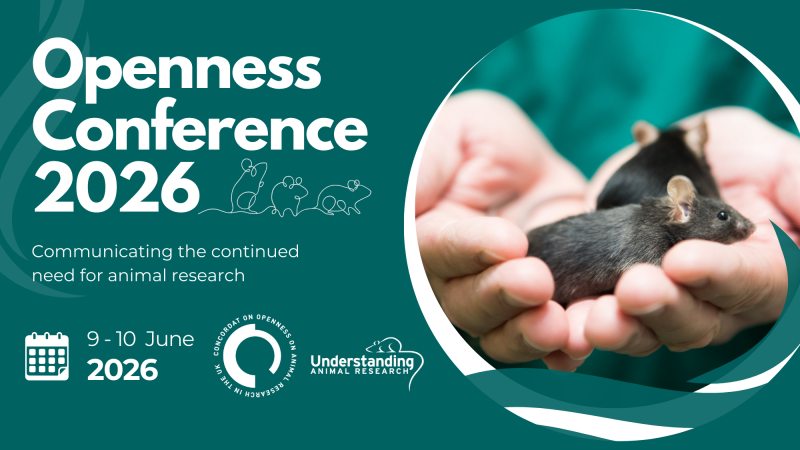
Text to go here...
 A human blood protein has been produced using genetically modified rice and used to treat liver disease in rats. The protein is highly useful for a number of medical purposes but until now human blood has been the only source.
A human blood protein has been produced using genetically modified rice and used to treat liver disease in rats. The protein is highly useful for a number of medical purposes but until now human blood has been the only source.
The protein, called human serum albumin, is the most abundant protein found in blood. It is in high demand. Serum albumin is widely used in drug and vaccine production and also in high doses to treat liver cirrhosis and hypoalbuminaemia, a condition of low albumin levels.
Harvesting directly from human blood is expensive and carries risk of contamination, including from viruses. Scientists have previously tried producing the protein using genetically engineered bacteria, yeast and other plants but with little success.
Then scientists used genetic engineering to insert the human albumin gene into the rice genome. This resulted in the production of large quantities of the protein, comprising 10% of all soluble protein in the rice. After purification the process yields 2.75g of albumin per kg of rice.
Rice is a particularly good choice for human protein production as it is easy to cultivate and can be stored for long periods of time when dried.
Biochemical tests showed that the protein was physically and chemically equivalent to human blood-derived albumin. They also found that it was as effective as human-derived albumin in treating liver cirrhosis in rats. This shows that production using rice could provide large quantities of safe and biologically-useful human serum albumin.
Last edited: 11 January 2022 15:00



